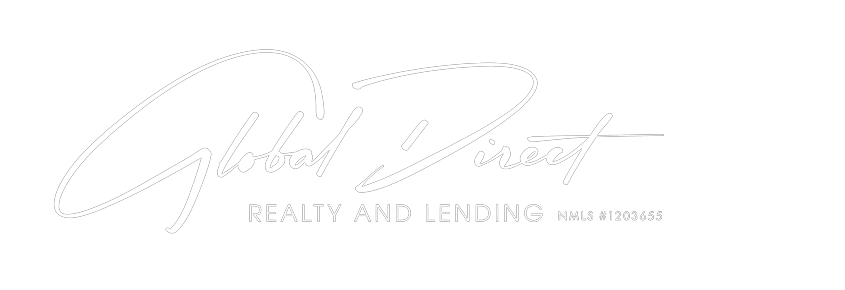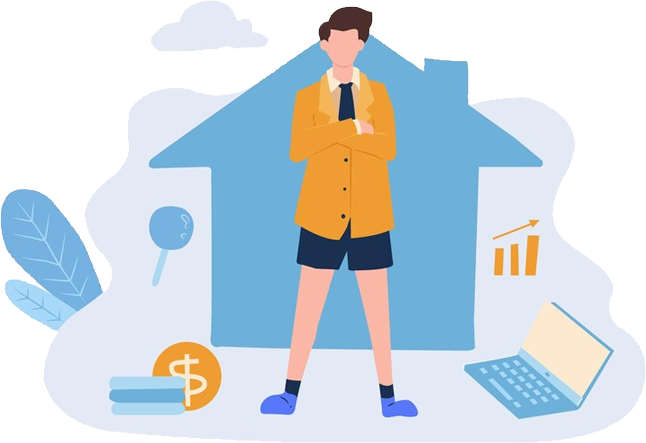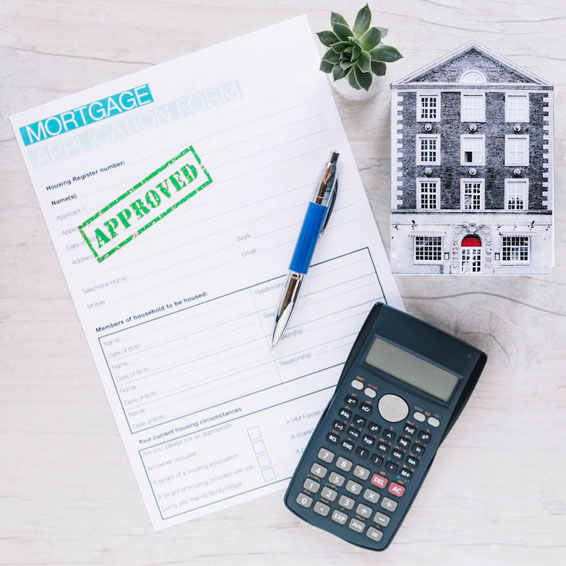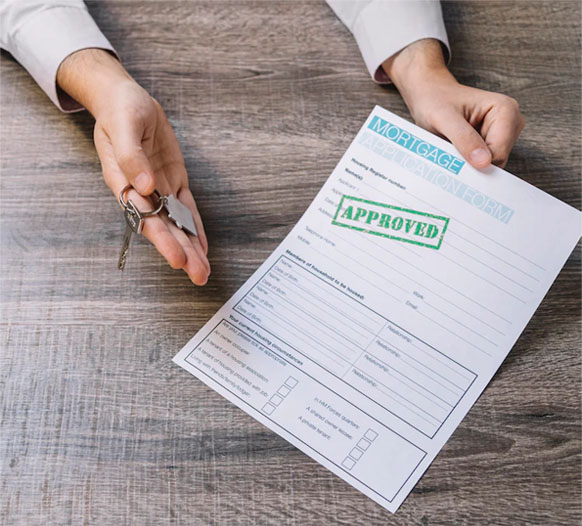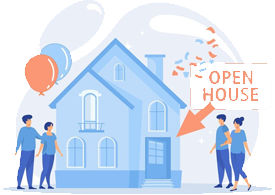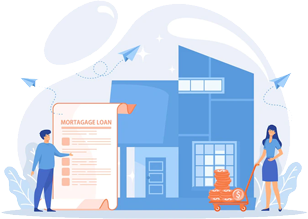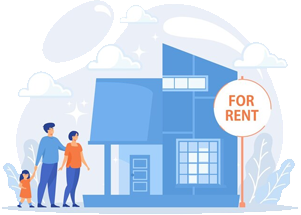To get a mortgage without any income documentation sounds too good to be true, right? It might even sound predatory.
It’s not.
While no doc home mortgage loans fizzled for a bit after the housing crisis, they are back and better than ever.
Today they’are called non-QM loans and more lenders are offering them due to the large influx of self-employed borrowers that exist since the pandemic.
Since self-employed borrowers typically don’t have the income on paper to get qualified for a mortgage, they are often overlooked in the lending world. With no doc mortgage loans, though, borrowers have more options today.
